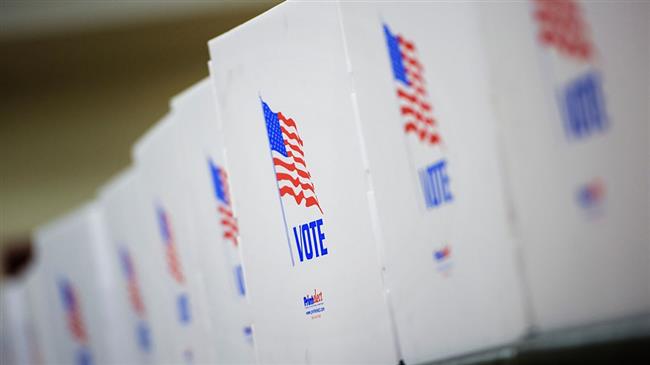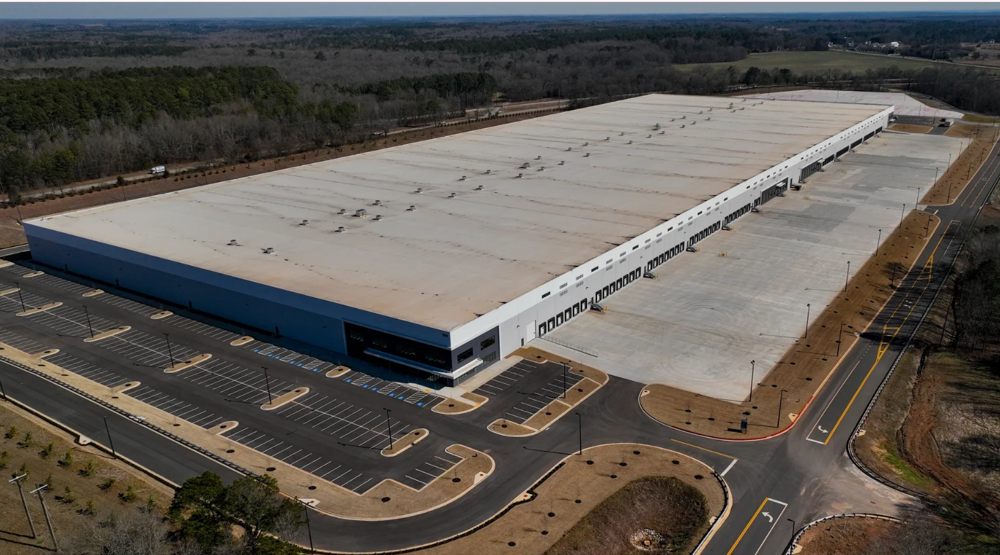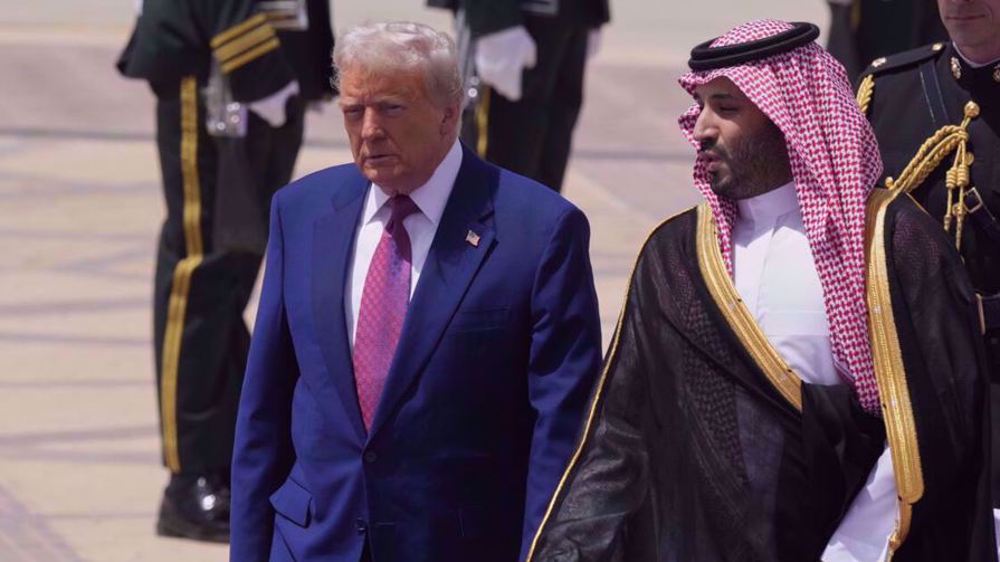US movement seeks to axe Electoral College system
A Democratic-led struggle, titled Popular Vote Movement, which is gaining momentum across the United States, seeks to strike down the so-called Electoral College system, which has cost the party heavily in presidential elections.
The system overrides the popular vote, which gives the victory to the candidate winning the most ballots. It instead makes 538 electors across different states, who are chosen based on each state’s representation in Congress, liable for electing the chief executive. Therefore, if a contestant secures at least 270 of the electoral votes, they have won the presidential race.
On Sunday, however, the NPR reported that as many as 11 US states, including New York, California, and New Jersey, had joined the Popular Vote Movement along with the District of Columbia. Democrats in Colorado and New Mexico were also trying to make their respective states back the drive, it added.
The US government’s website states that the Electoral College was established because “the nation’s founders saw it as a compromise between electing the President by a popular vote among citizens and electing the President in Congress.”
Opponents say the system counters the fundamentals of a democratic republic, calling for its abolition.
In 2016, the mechanism handed the presidential election’s victory to Donald Trump over Hillary Clinton, although the voters had given the latter three million more votes.
Colorado State Senator Mike Foote said the Popular Vote Movement was about upholding the democratic principle of “one person, one vote,” the NPR reported.
"It's about time that every vote in the country counts equally," he said, adding, "Right now, if you live in a state that is not a battleground state, then your vote doesn't count nearly as much."
Constitutional loophole?
Computer scientist John Koza, who is behind the movement, has cited a potential loophole in the Constitution that could be used to argue against the Electoral College system.
“While the Electoral College is in the Constitution, nothing says a candidate who wins a state has to get all of its electoral votes,” the NPR cited him as saying.
"The political power to choose the president was basically given by the founders to the state legislatures," Koza noted.
Palestine cultural erasure by British Museum
American citizens have borne the ‘lion’s share’ of Trump’s tariff costs: Economist
$50m sportwashing: After turning blind eye to genocide for two years, FIFA funds Gaza stadiums
VIDEO | Trump’s foreign, domestic policies dealt blow after Supreme Court struck down global tariffs
VIDEO | Pakistan launches deadly strikes across border with Afghanistan after attacks
VIDEO | Dublin rally condemns Western-backed genocide in Gaza
Zelensky acting ‘maliciously’ by cutting oil supply: Slovakia’s PM
Iran, other Muslim states slam US envoy’s endorsement of ‘Greater Israel’ plot














 This makes it easy to access the Press TV website
This makes it easy to access the Press TV website